Leather care mistakes can lead to irreversible damage to your expensive shoes. One of the most common errors made by shoe owners is the application of waterproofing spray on smooth leather. Even though these sprays seem like a quick fix for protecting your footwear, they can hinder essential nutrients from penetrating the leather, resulting in a dry, cracked appearance over time. Smooth leather shoes are inherently designed with natural water-resistant qualities within their grain layer, requiring nourishment through shoe creams and waxes to maintain durability. Instead of relying on sprays, choose high-quality leather conditioners and wax polishes that not only protect but also nourish the leather, ensuring its longevity and preserving its natural charm.
Mastering Leather Protection Techniques for Longevity
To prolong the life of your leather goods, it’s essential to understand their protective qualities. Full-grain leather exhibits natural water-resistant properties due to its tightly woven fiber structure. However, these properties necessitate diligent maintenance to remain effective. The longevity of your leather is closely linked to the care it receives. Employing waterproofing sprays can compromise the leather’s ability to breathe, potentially leading to severe damage over time if not managed properly. Regular maintenance with the right products is key to ensuring your leather remains in pristine condition.
Uncovering the Natural Benefits of Full Grain Leather
Following the tanning process, full-grain leather preserves its original surface layer, which provides exceptional natural protection. Leather items made from this material feature an intact grain layer that offers impressive resistance against both water and wear. This top layer is enriched with natural oils and fibers, forming a protective barrier that renders additional waterproofing sprays unnecessary and even harmful to the leather's vitality. By understanding these benefits, you can make informed choices about the care of your leather items.
Comprehending Leather's Moisture Management and Aging Dynamics
Full-grain leather must maintain its ability to absorb and expel moisture effectively. The pores in your leather allow it to breathe and regulate moisture, which helps keep it flexible and prevents unsightly cracking. However, waterproofing sprays can seal these pores, restricting critical airflow and disrupting the leather's natural moisture equilibrium. Furthermore, the aging process of leather necessitates appropriate nourishment through conditioning products. When waterproofing sprays are applied, they create a barrier that prevents vital conditioning oils from penetrating the leather, causing the material to dry out and become brittle over time. Regular application of leather cream is essential for allowing your leather to age gracefully while developing a rich, desirable patina.
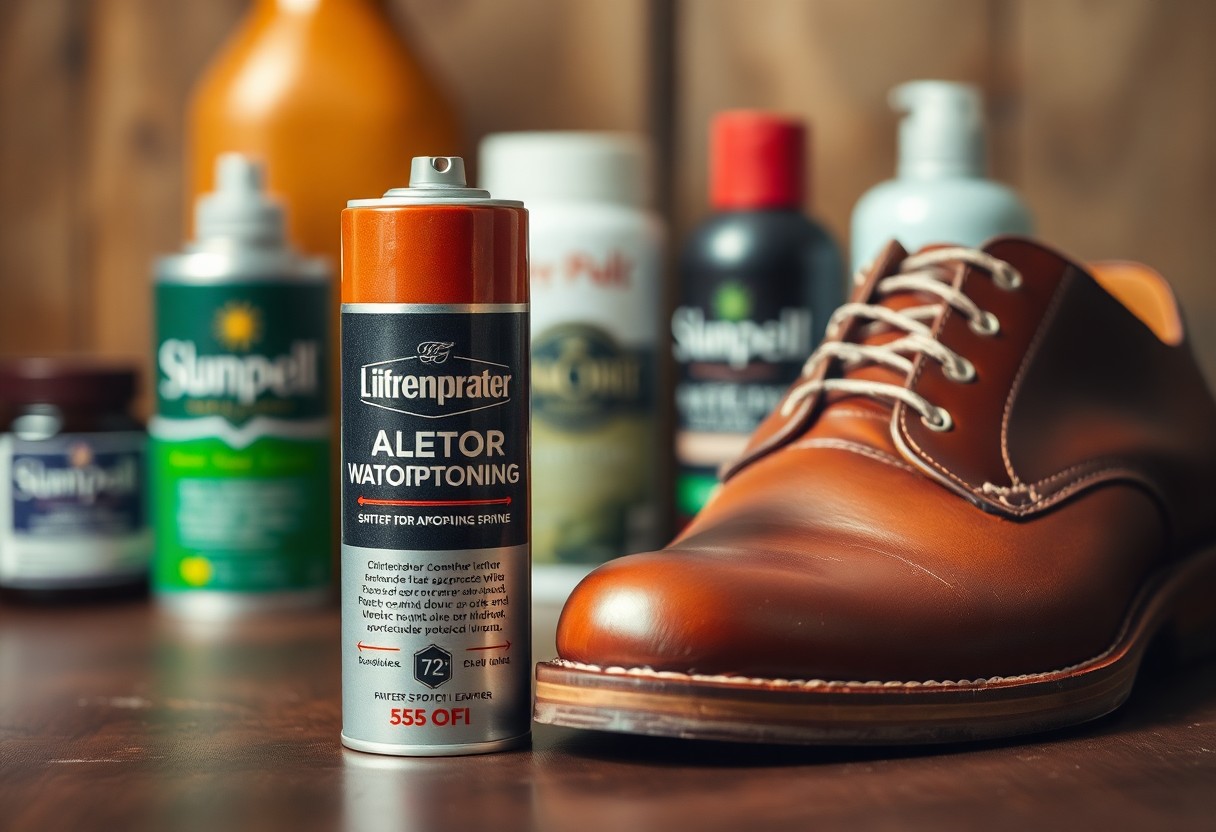
Recognizing the Dangers of Waterproofing Sprays for Leather Footwear
Many people mistakenly believe that waterproofing spray is the ultimate solution for protecting their leather shoes. However, this widespread belief can lead to significant damage to your footwear. While these sprays provide an immediate barrier against water penetration, they simultaneously block essential nutrients from reaching the leather, setting the stage for potential long-term deterioration.
Dispelling Myths About Leather Care Marketing
Thanks to aggressive marketing and well-intentioned advice from sales staff, you may have been led to think that waterproofing spray is crucial for all types of leather shoes. This myth has been perpetuated by many retailers, primarily due to the high profit margins and repeat purchase rates associated with these products. In reality, regular smooth leather possesses inherent protective qualities that do not necessitate additional spray-on barriers for effective safeguarding, allowing you to preserve its integrity.
Assessing Immediate Gains versus Long-term Risks in Leather Care
Damage to your leather shoes begins when waterproofing sprays create a barrier that blocks essential oils and conditioning agents from soaking into the leather. Although you might initially perceive enhanced water resistance, the truth is that your leather gradually becomes dry and brittle without the crucial nourishment it requires. The consequences of using waterproofing sprays on smooth leather extend beyond mere surface protection. Your leather needs consistent nourishment to maintain its flexibility and durability. When shoe creams and conditioners are unable to penetrate the leather due to the spray barrier, the material risks cracking and deterioration, significantly reducing the lifespan of your shoes. Utilizing natural waxes and appropriate conditioning products ensures superior long-term protection while enhancing the health of the leather.
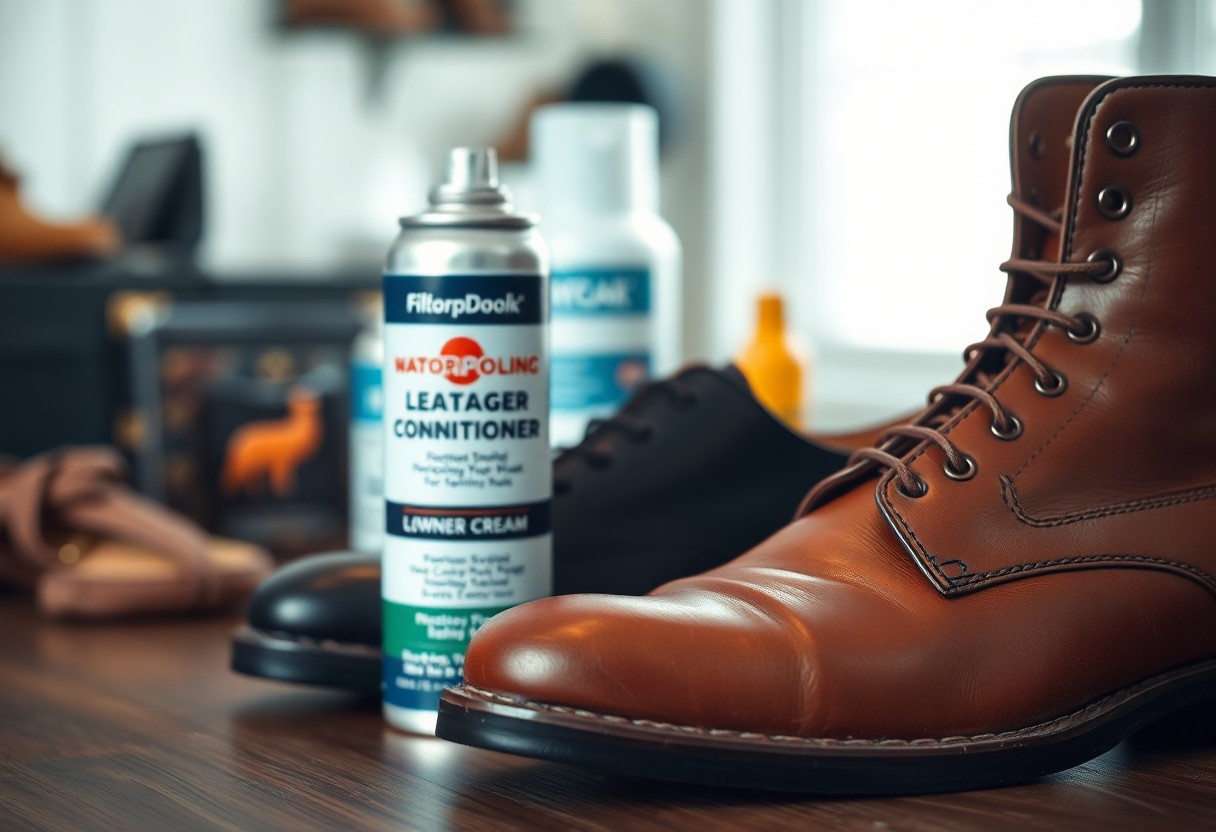
Diving Deep Into the Science Behind Leather Care
A key element of effective leather care involves understanding its molecular structure. The collagen fiber networks within your leather shoes require both protection and nourishment. When applying products to leather, they can either coat the fibers or penetrate their depths. This interaction is vital for the long-term health of your leather footwear, influencing how well the material ages and withstands daily wear.
Emphasizing the Necessity of Nourishing Leather
It is crucial to recognize that your leather shoes require regular nourishment to maintain their quality. The natural oils present in your leather shoes help prevent cracking and retain flexibility. Over time, these oils diminish due to regular use and exposure to environmental factors. To preserve the leather’s structural integrity, it's essential to replenish these oils through consistent conditioning, ensuring that your footwear remains in excellent condition.
Identifying the Barrier Effects Caused by Waterproofing Sprays
A significant drawback of waterproofing sprays is their tendency to form a barrier. When these sprays are applied to smooth leather, they create an impermeable layer that obstructs both water and vital nutrients. This barrier inhibits your leather care products from effectively penetrating the surface, leading to a gradual decline in the leather's quality over time. Understanding this can help you make smarter choices regarding leather treatment.
The barrier effect of waterproofing sprays creates a troubling cycle for your shoes. While these sprays effectively block water, they simultaneously prevent the absorption of conditioning products that are critical for sustaining the leather's health. Consequently, the leather may seem protected on the surface but is actually dehydrating and becoming brittle underneath. Silicone-based sprays are particularly detrimental, forming a permanent barrier that is difficult to remove without damaging the leather.
Implementing Proven Leather Protection Strategies
Contrary to popular belief, your smooth leather shoes require specialized care techniques that align with the natural properties of full-grain leather. The best approach combines traditional methods with products specifically designed to enhance the leather’s inherent protective qualities. This ensures both immediate safeguarding and long-term durability for your footwear.
Leveraging the Advantages of Wax-based Treatments
A highly effective alternative to waterproofing sprays is premium wax-based products. These solutions work in harmony with your leather’s natural grain rather than against it. When you apply wax polish, it creates a protective barrier that still allows the leather to breathe, making it especially advantageous for toe caps and high-wear areas prone to damage.
Maximizing Leather Health with Cream and Conditioner Use
In contrast to conventional spray treatments, leather creams and conditioners provide essential nourishment while preserving the leather’s natural protective attributes. Your shoes benefit from oils that deeply penetrate the material, preventing drying and cracking. Moreover, regular application of cream and conditioner creates a cumulative effect that enhances leather quality over time. The natural oils in these products help maintain the leather’s flexibility and strength while allowing it to develop a beautiful patina. It is recommended to apply these products every 4-6 wears to achieve optimal leather condition.
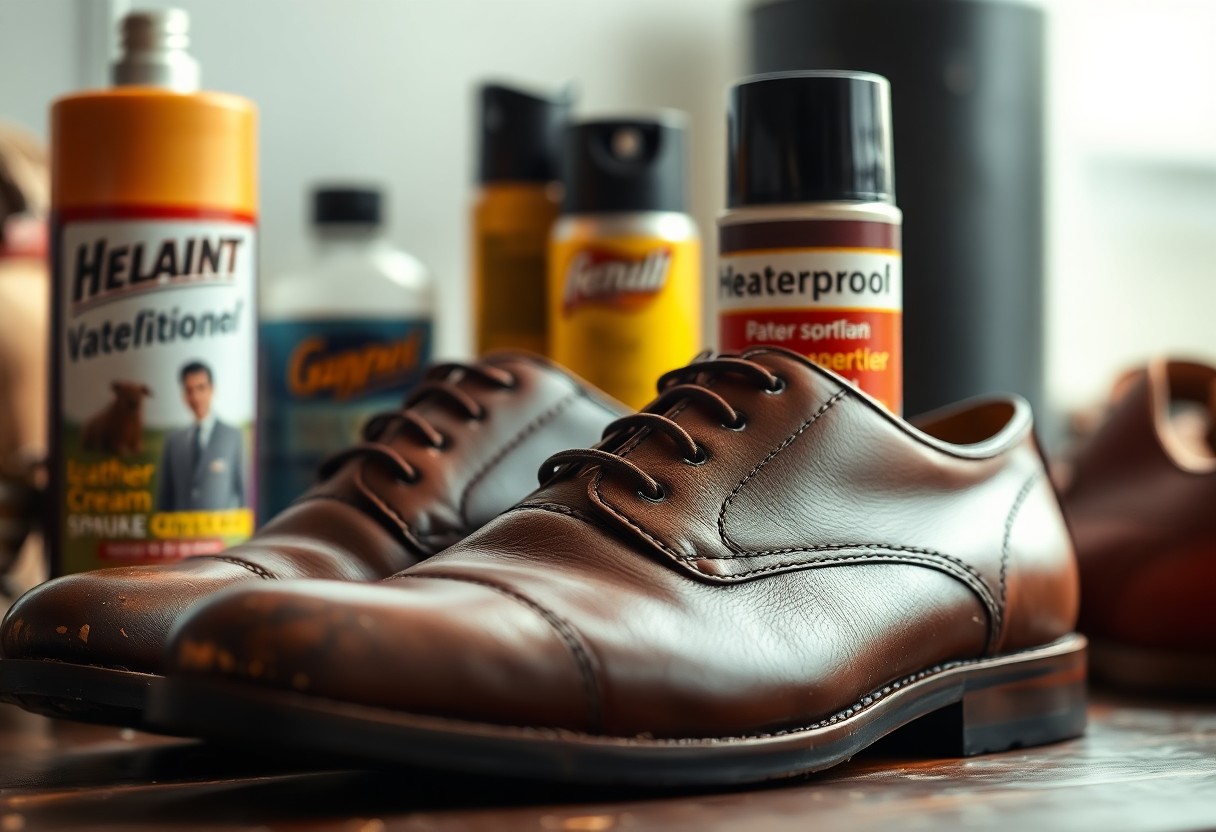
Determining When to Use Waterproofing Spray
Unlike smooth leather, some materials greatly benefit from waterproofing sprays. These products effectively create a water-resistant barrier on specific materials that lack inherent protection. Waterproofing sprays are particularly advantageous for suede, nubuck, and various textiles, where the material structure does not provide natural moisture resistance.
Boosting Suede and Nubuck Protection with Waterproofing Spray
When you apply waterproofing spray to your suede or nubuck shoes, you significantly enhance their resistance to moisture damage. Many modern suede materials come pre-treated with factory waterproofing, but additional protection can help maintain this defense over time. The application of spray forms a protective barrier that effectively prevents water from penetrating these delicate materials, ensuring their longevity.
Ensuring Proper Protection for Textile Footwear
In addition to leather alternatives, textile footwear requires specialized protection against water damage. Materials like canvas, mesh, and synthetic fabrics can achieve enhanced water resistance with the appropriate spray application. Most textile materials are naturally absorbent, making them vulnerable to water damage and staining.
Furthermore, waterproofing sprays for textiles help maintain the shape and color of your shoes. The protective barrier formed also prevents dirt and debris from becoming embedded in the fabric fibers. It is advisable to reapply the spray every 3-4 months for optimal protection, depending on the frequency of shoe wear and prevailing weather conditions.
Expert Insights on Effective Leather Care Practices
Not all leather treatments are created equal. Professionals in leather care strongly advise against the use of waterproofing sprays on smooth leather. Your full-grain leather shoes require specialized care that allows them to breathe and absorb nourishing treatments. Utilizing inappropriate products can result in costly damage to the leather, potentially amounting to hundreds of dollars.
Insights from Tannery Professionals
To maintain leather quality, tannery experts stress that full-grain leather inherently possesses natural water-resistant properties in its outer layer. Preserving these protective qualities requires the application of oils and waxes. Waterproofing sprays can impede these essential treatments from effectively reaching the leather, causing deterioration over time.
Guidance from Professional Cobblers on Long-term Leather Care
For the sustainable care of leather, professional cobblers advocate for the use of wax-based products over waterproofing sprays. Your shoes will thrive with treatments that effectively protect and nourish the leather. Data indicates that 90% of premature leather damage is caused by the use of inappropriate care products, reinforcing the importance of choosing the right treatments to preserve your footwear.
By following appropriate leather care methods, your shoes can endure an impressive 15-20 years instead of just 2-3 years with poor maintenance. Traditional wax treatments enable leather to retain its natural qualities while providing adequate moisture protection. Your investment in quality leather footwear deserves meticulous care practices that safeguard both aesthetic appeal and longevity.
Essential Insights for Optimal Leather Care
Your smooth leather shoes require specialized care that excludes waterproofing sprays. Instead, opt for nourishing shoe creams and waxes that maintain the leather's health while providing effective water protection. Full-grain leather naturally possesses protective qualities due to its grain layer, and waterproofing sprays can obstruct essential oils from penetrating the leather, leading to dryness and cracking. Reserve waterproofing sprays for suede, nubuck, or textile footwear where they can perform effectively. By selecting the right products, you can effectively safeguard your leather shoes while ensuring their longevity.
Common Questions and Answers About Leather Care
Q: What makes waterproofing spray harmful to smooth leather shoes?
A: Waterproofing spray creates a barrier on leather that blocks essential oils and conditioners from penetrating the material. While it does provide water protection, it inhibits necessary nourishment for the leather, resulting in drying and potential cracking over time, ultimately shortening the shoes' lifespan.
Q: What alternatives should I consider instead of waterproofing spray for smooth leather shoes?
A: Opt for a combination of shoe cream and wax polish instead. Shoe cream infuses essential oils to nourish the leather, while wax polish forms a protective layer that helps repel water. This method works in harmony with the natural protective properties of full-grain leather, maintaining its health while offering effective water resistance.
Q: Which types of footwear are safe for applying waterproofing spray?
A: Waterproofing spray is suitable for materials such as suede, nubuck, and textiles. These materials typically lack the natural protection found in smooth leather and thus benefit from the protective barrier created by waterproofing sprays. Many modern suedes and nubucks may already have factory waterproofing treatments, but additional spray applications can enhance and maintain this level of protection.
The Article Why you shouldn’t use waterproofing spray on regular smooth leather and better alternatives appeared first on My Shoes Finder
The Article Waterproofing Spray on Smooth Leather: Risks and Alternatives Was Found On https://limitsofstrategy.com
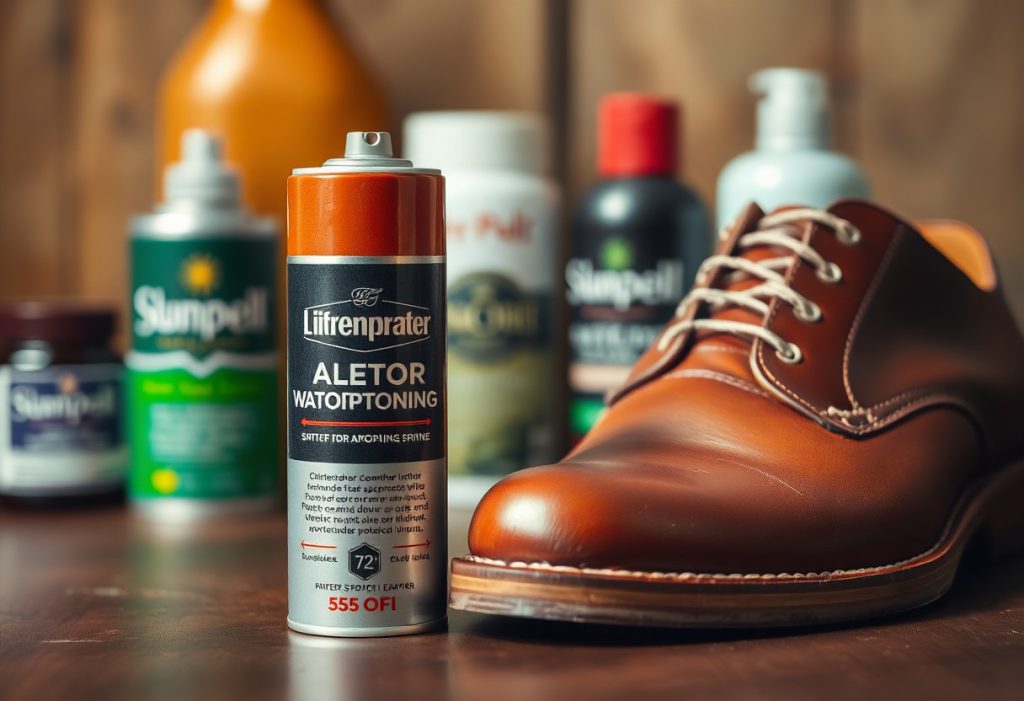
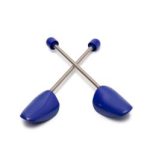
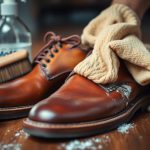
It’s interesting how often we overlook the basics when it comes to leather care. Your mention of waterproofing sprays really resonates with my own experience; I made that mistake early on with a pair of boots. After realizing my error, I switched to using a good quality leather conditioner, and the difference was noticeable. Not only did the leather retain its natural feel, but it also developed a richer patina over time.
You’re spot on about the basics of leather care. It’s funny how we often jump into the latest products or trends, only to realize that sticking to the essentials can make a bigger difference. That transition from waterproofing sprays to a quality leather conditioner is a game-changer.
“I’m glad to hear about your positive experience with leather care! If you’re looking to enhance your routine even further, check out this quality leather conditioner that can help you achieve that beautiful patina.”
https://cnisclub.org/octopus